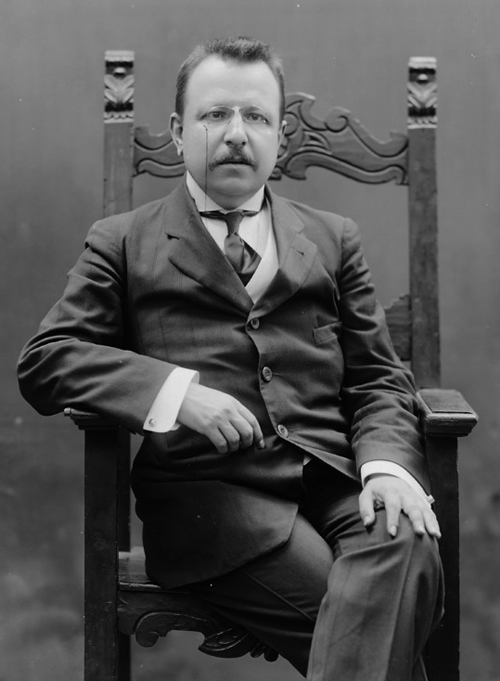
Your complimentary articles
You’ve read one of your four complimentary articles for this month.
You can read four articles free per month. To have complete access to the thousands of philosophy articles on this site, please
Philosophical Haiku
Benedetto Croce (1866-1952)
by Terence Green
The artist’s passion
Lyricism of the mind.
Unique creation.

Benedetto Croce was the greatest Italian philosopher of the first half of the twentieth century. Orphaned in his late teens after his wealthy parents were killed in an earthquake, Croce studied in Rome before entering a life of intense intellectual labour, the fortune he inherited buying him the freedom to do so.
Croce was deeply influenced by the philosopher Gianbattista Vico, and even bought his old house, and a friend encouraged him to explore the obscure musings of Hegel. From Vico he developed his ideas concerning creativity, art, and history. From Hegel he took the belief that the world is the expression of the Spirit – implying that only mental phenomena are real, and apparently ‘physical’ reality is a result of mental activity. It sounds ridiculous (mainly because it is), but perhaps it appeals to those of a dreamy temperament.
Real art, said Croce, is intuizione: a result of lyrical intuition which gives birth to objects and images of beauty. The mere haphazard throwing together of a jumble of images suggests an artist who is either bored or competitive: real art is the expression of the unquenchable and pure desire to create – a desire which cannot be negated or resisted. When the artist does create in this way, then the object created is by definition wholly original, defying categorisation. And it has no physical reality. You might naïvely suppose that Michelangelo’s David has a mind-independent physical reality, but that just reflects your ignorance of the nature of the world. This is good news, however, because it means real works of art can never be destroyed.
Whether he thought they were real or just a figment of his imagination, Croce’s intuitions ultimately led him to take a valiant stand against Mussolini and his fascist henchmen. Their regime, he said, was best described by the wonderful term onagrocrazia – ‘government by asses’.
© Terence Green 2023
Terence Green is a writer, historian, and lecturer who lives in Eastbourne, New Zealand.









